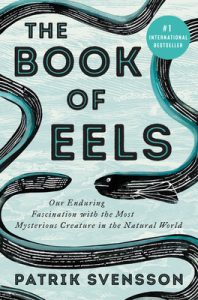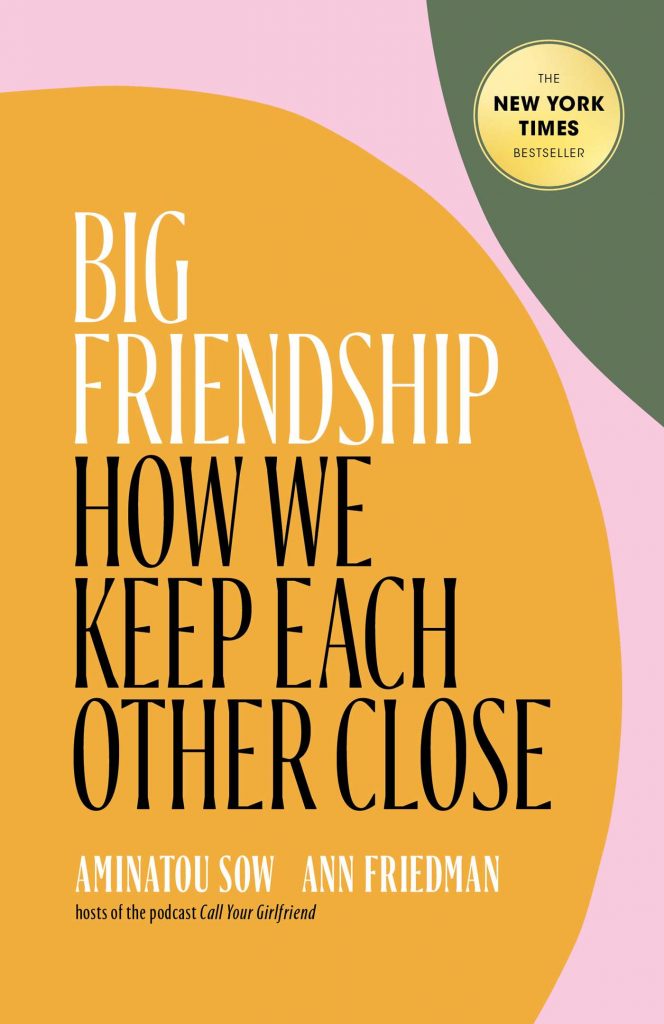No one has ever seen an eel in the Sargasso Sea.
This line repeats, over and over, in different manifestations throughout the book. A bit like the eel. We know – we think, given the information we have available – they spawn in the Sargasso Sea, but “no one has ever seen a mature eel in the Sargasso Sea” (Svensson, The Book of Eels. c.15: The Long Journey Home); “no human has ever seen an eel in the Sargasso Sea” (c.3: Aristotle and the Eel Born of Mud); “no one has ever seen an eel in the Sargasso Sea” (c.15). It’s almost poetic the way this line repeats itself, undulating through the text as though through waves, following it from beginning to end as if to underscore that no, the eel question has not – cannot? – be answered. Even the place whence it comes is ill defined, “[t]he Sargasso Sea is actually less a clearly defined body of water than a sea within a sea. Where it starts and where it ends is difficult to determine” (c.1: The Eel). The eel remains mysterious.
Aristotle thought they spontaneously generated out of mud. Freud – yes, Sigmund himself – dissected 400 eels attempting to locate the eel’s male reproductive organs, before becoming the father of psychoanalysis. (He failed.) Johannes Schmidt, the man who is credited with finding the birthplace of the eel (for good reason), spent almost two decades looking at tiny baby eels (resembling tiny willow leaves) under a microscope, trawling the sea, before concluding that they likely breed in the Sargasso Sea. Shortly after he published his results and was awarded the Darwin Medal by the Royal Society of London, he died of the flu.
Undulating smoothly from chapter to chapter between memories that seem to shift as Svensson recounts them, their accuracy less important than what is recounted and what import they hold for Svensson himself, and historical tidbits about the history of scientific investigation into the eel and the many ways in which, despite our efforts, the eel has continued to elude us. Svensson is clearly fascinated by this creature, Anguilla anguilla, and his recounting of his memories of his father, the two of them finding common ground in the eel, is incredibly tender.

 I have a distinct childhood memory of being at some older cousin’s wedding, listening to the Maid of
I have a distinct childhood memory of being at some older cousin’s wedding, listening to the Maid of 
